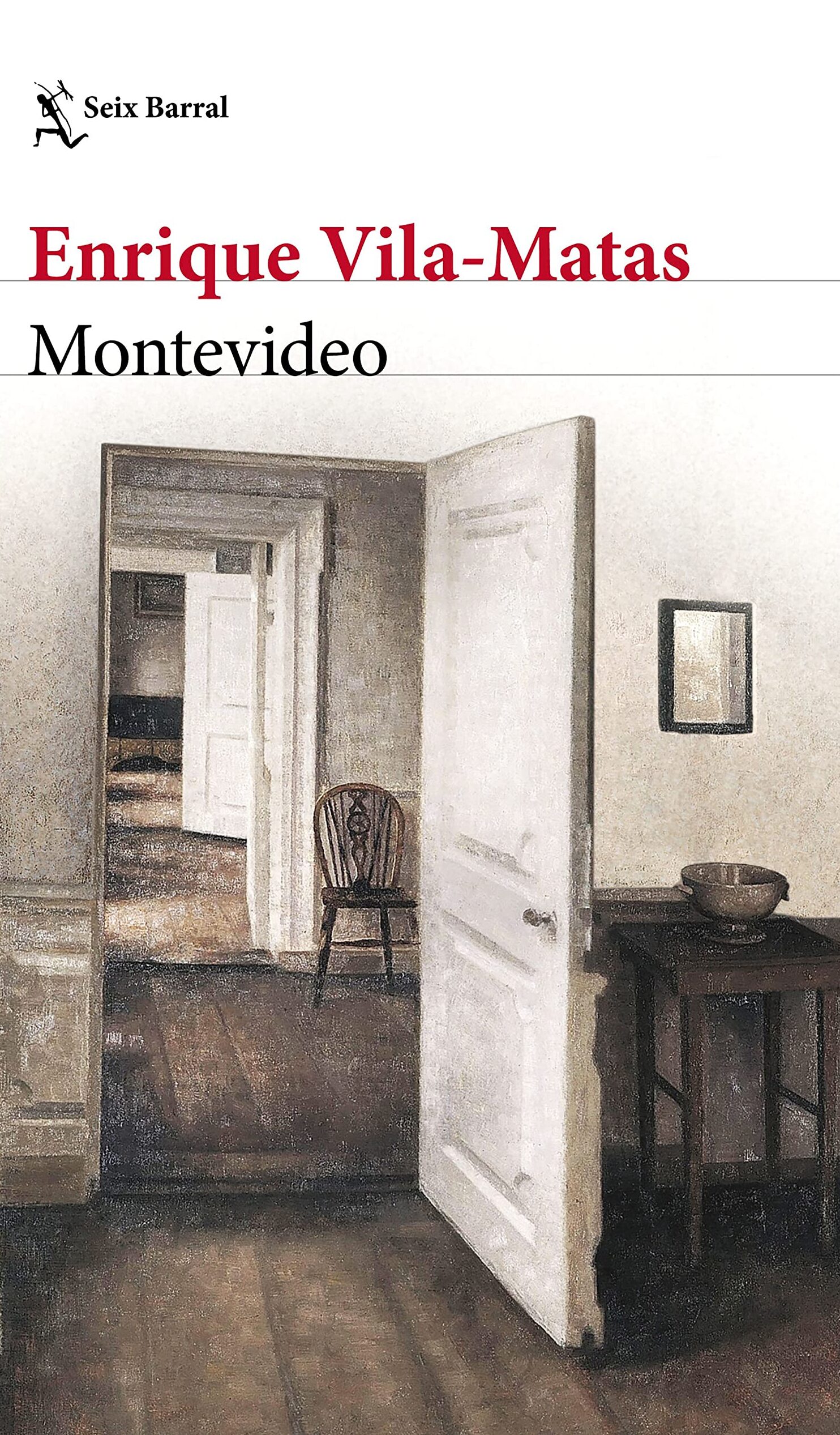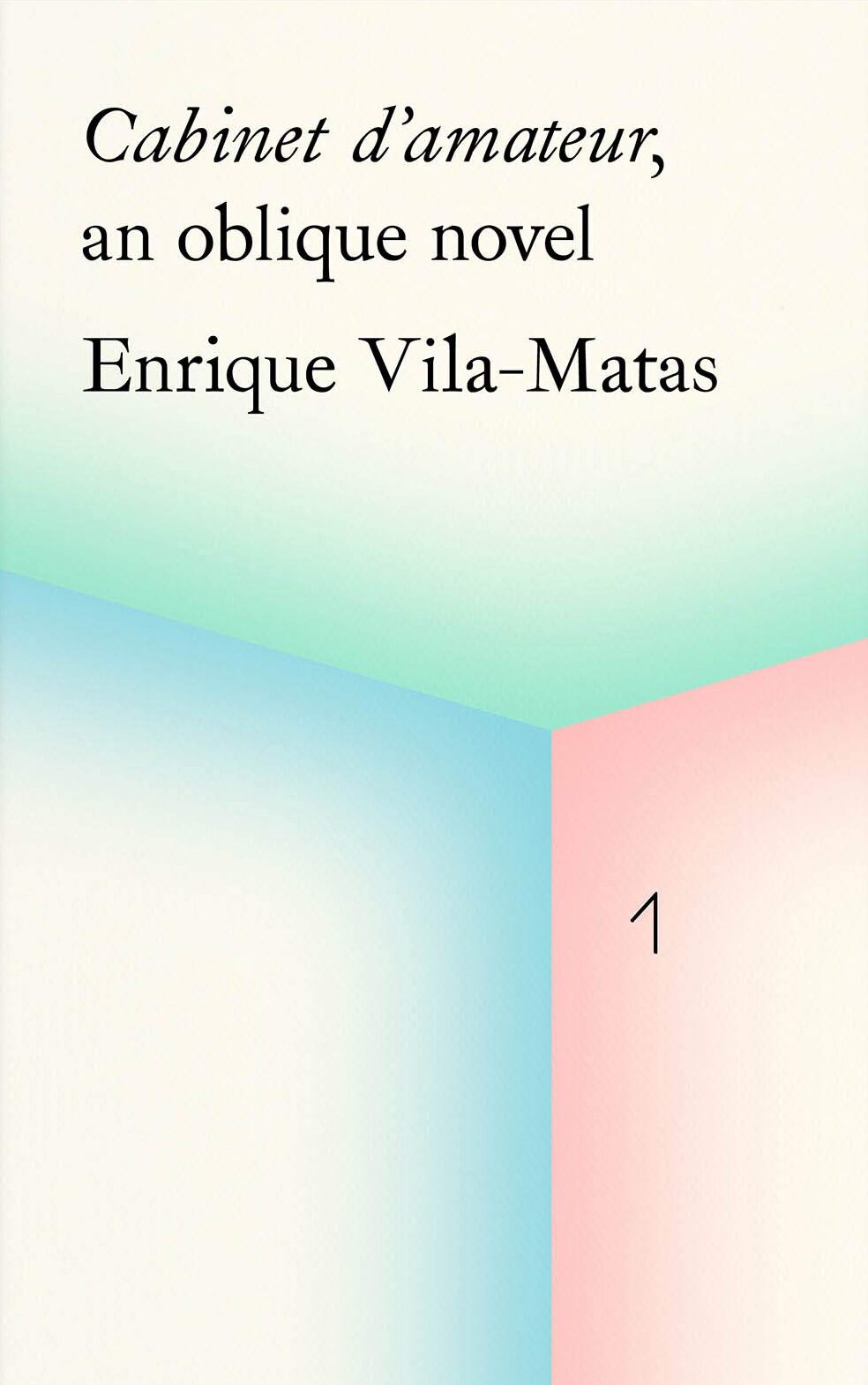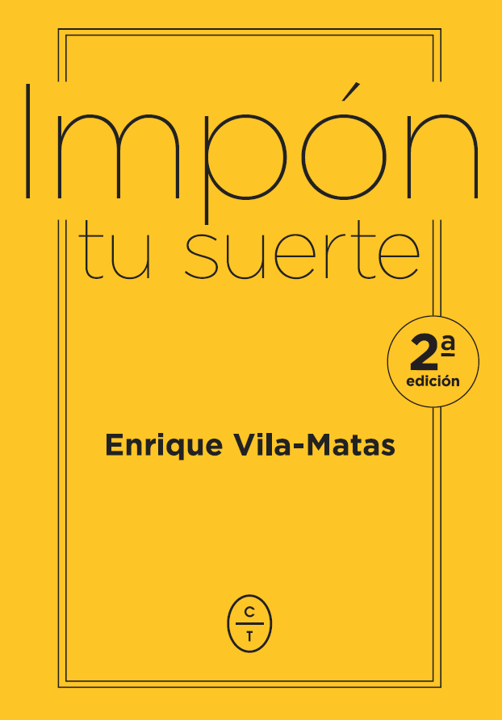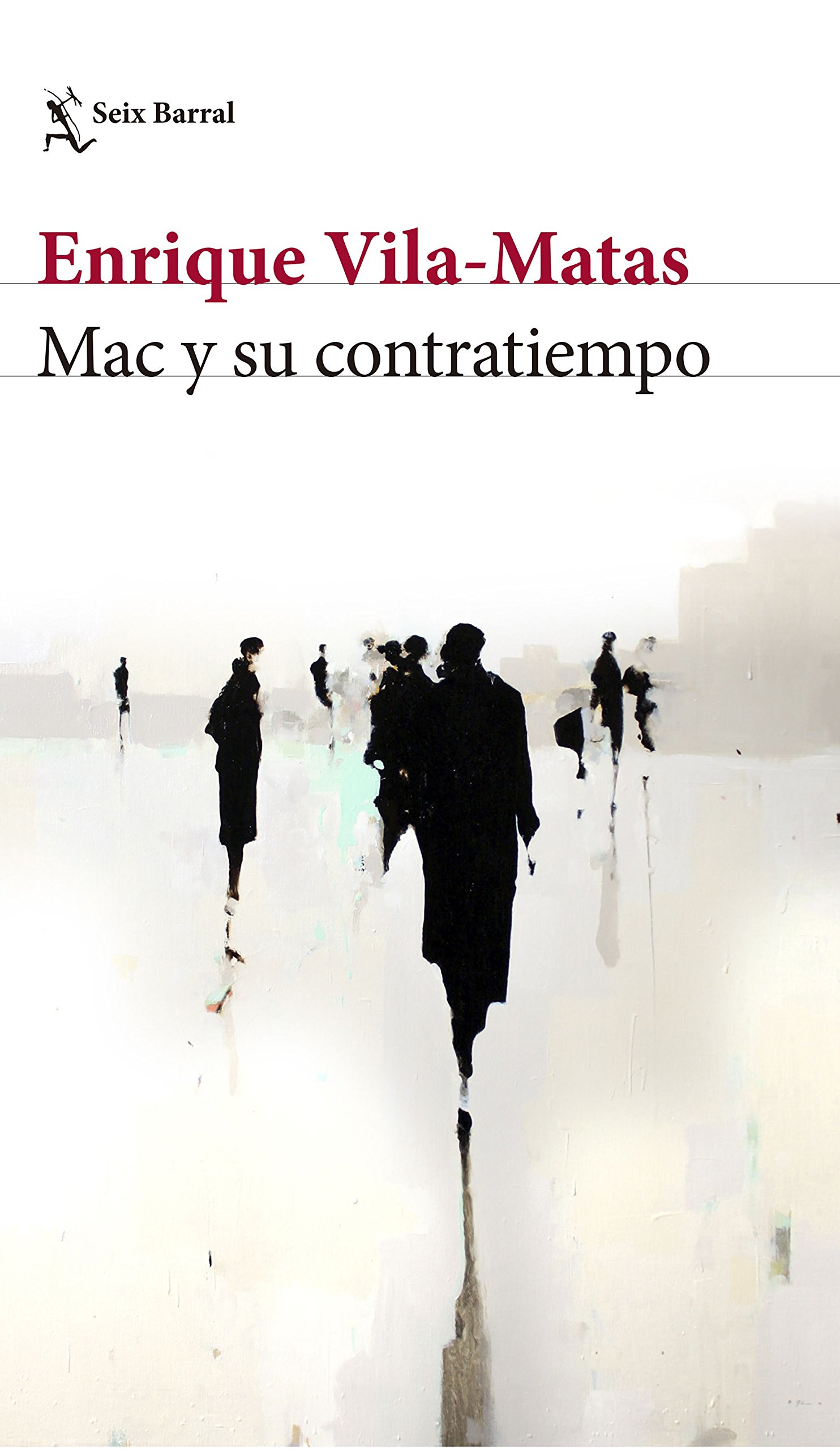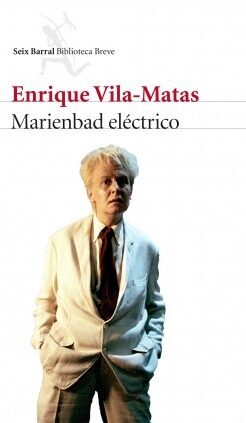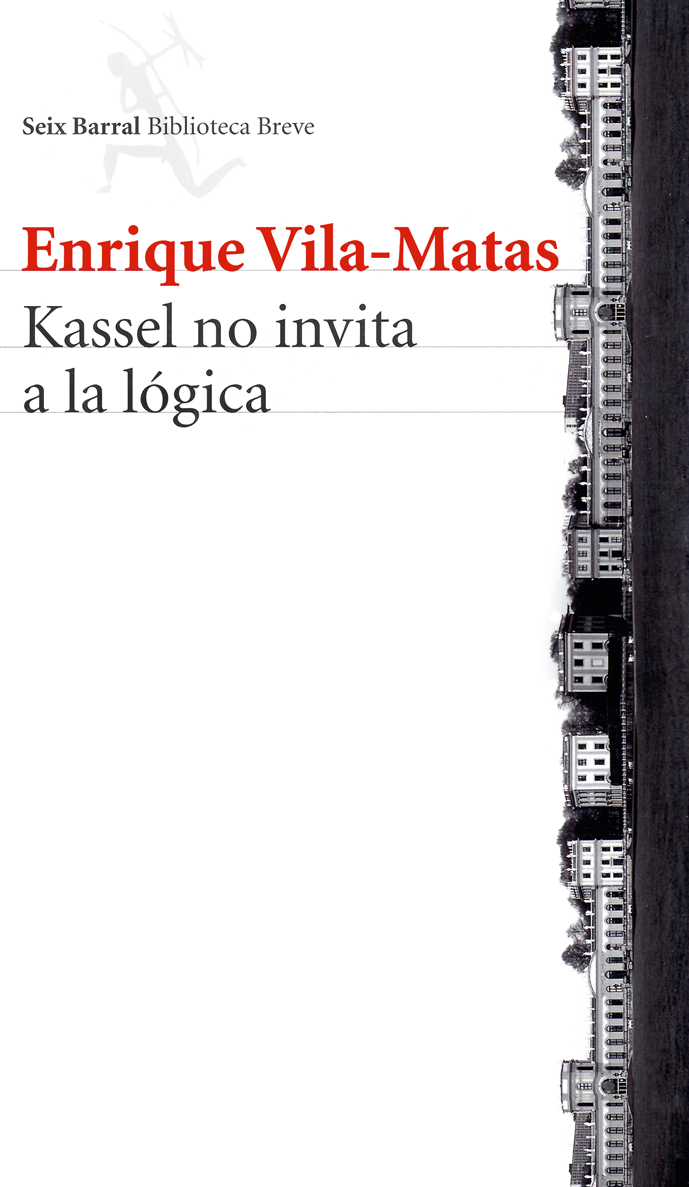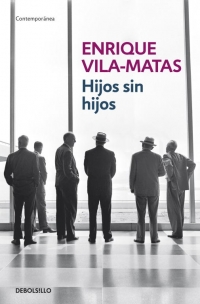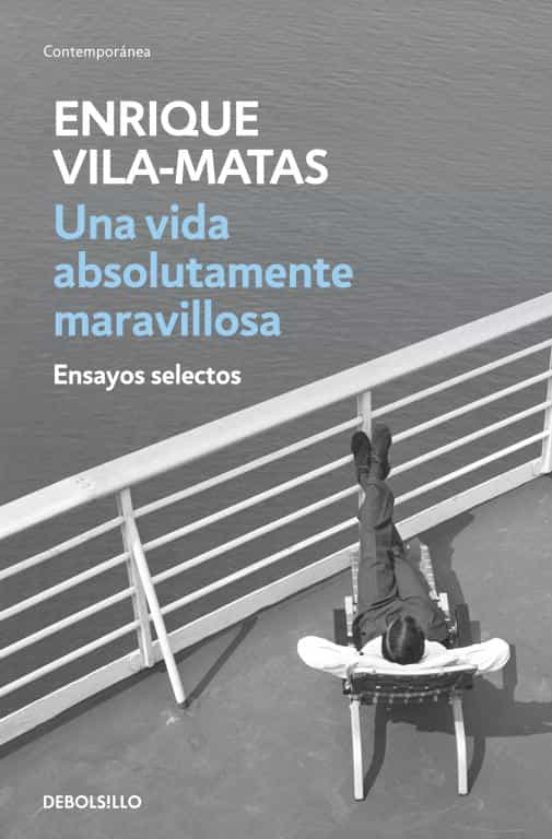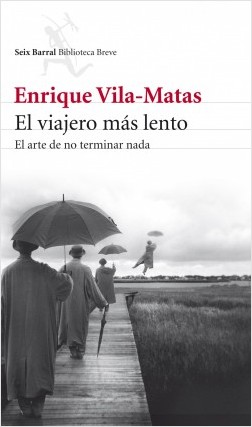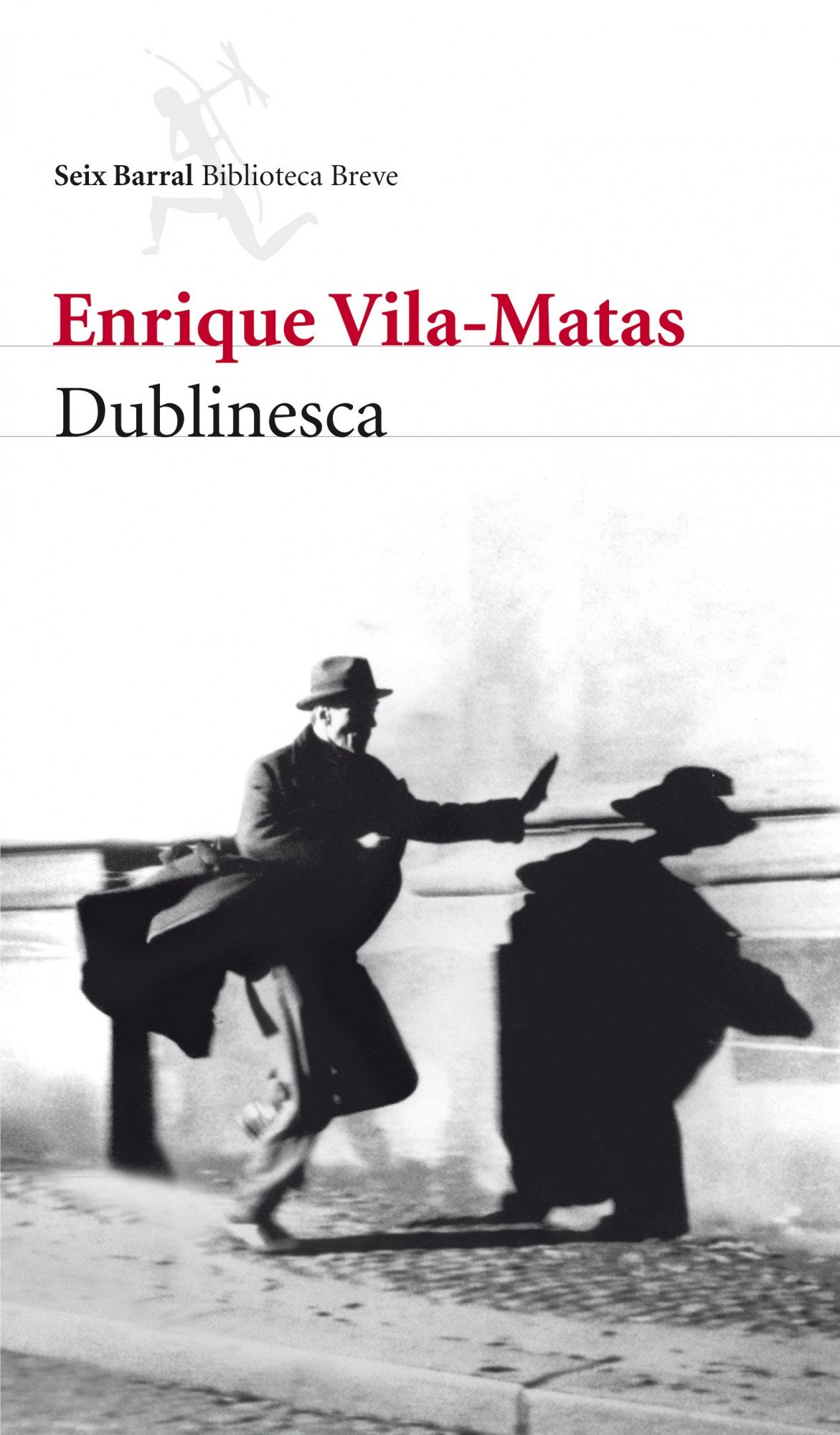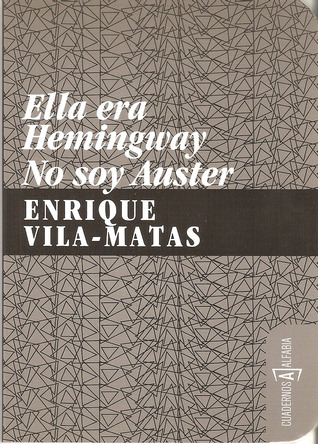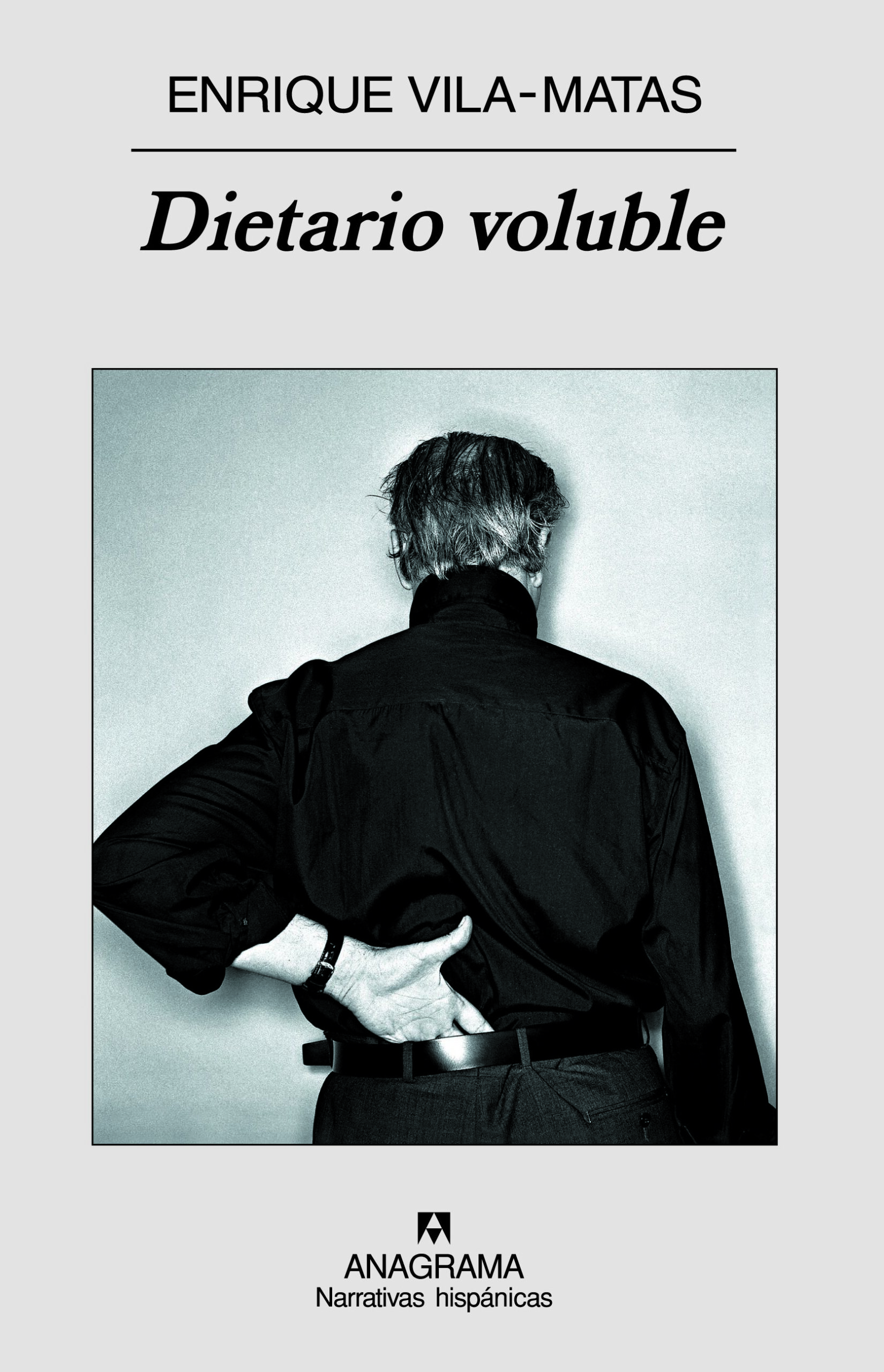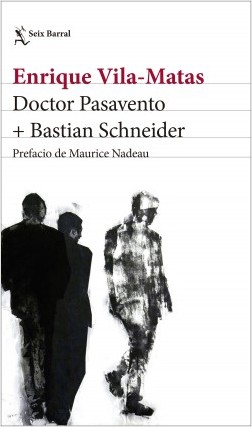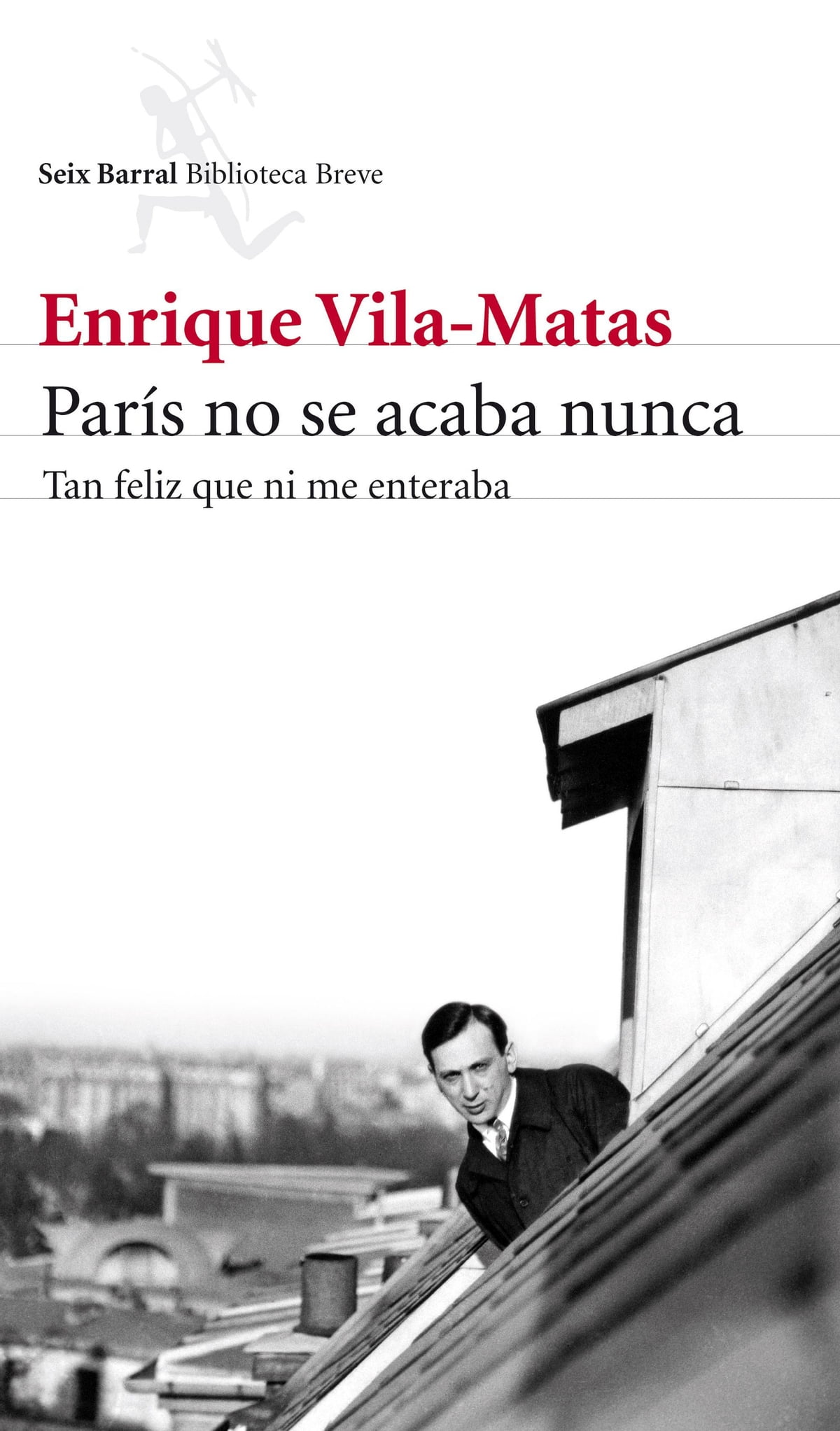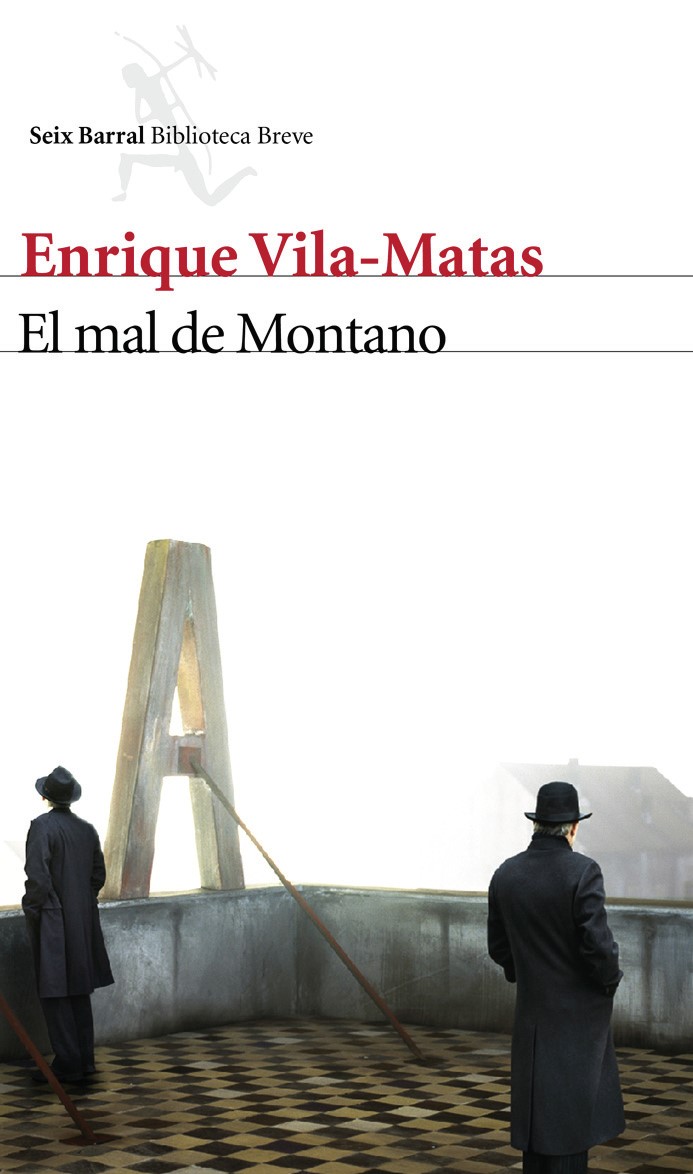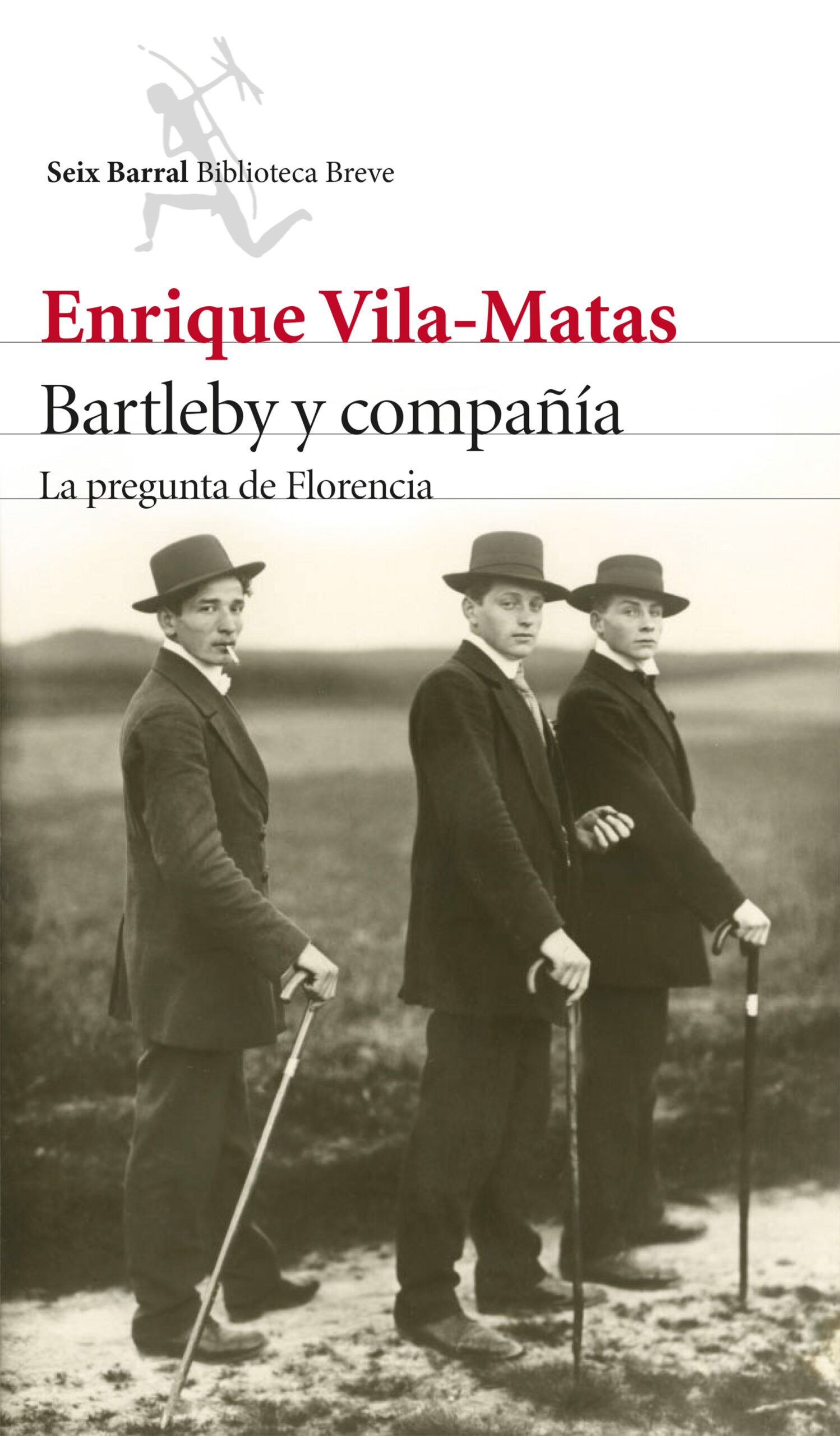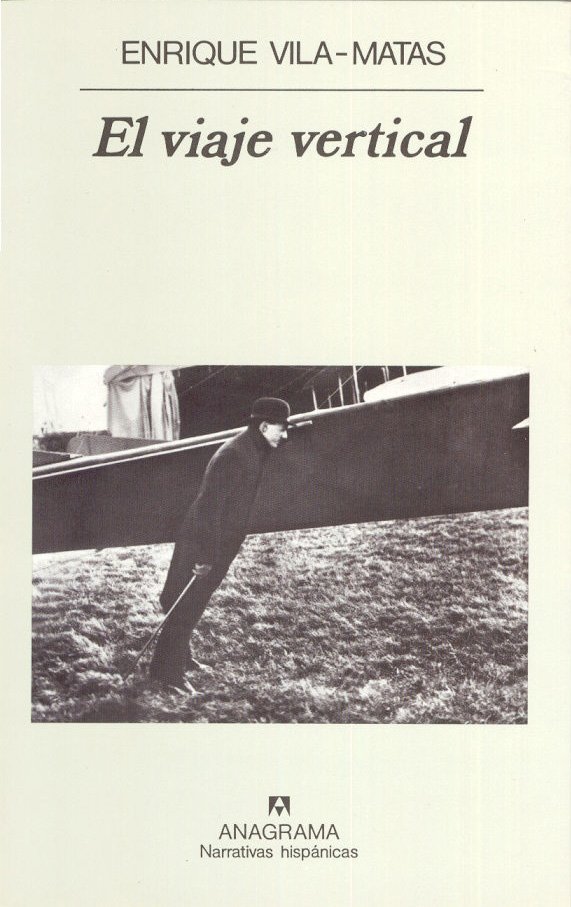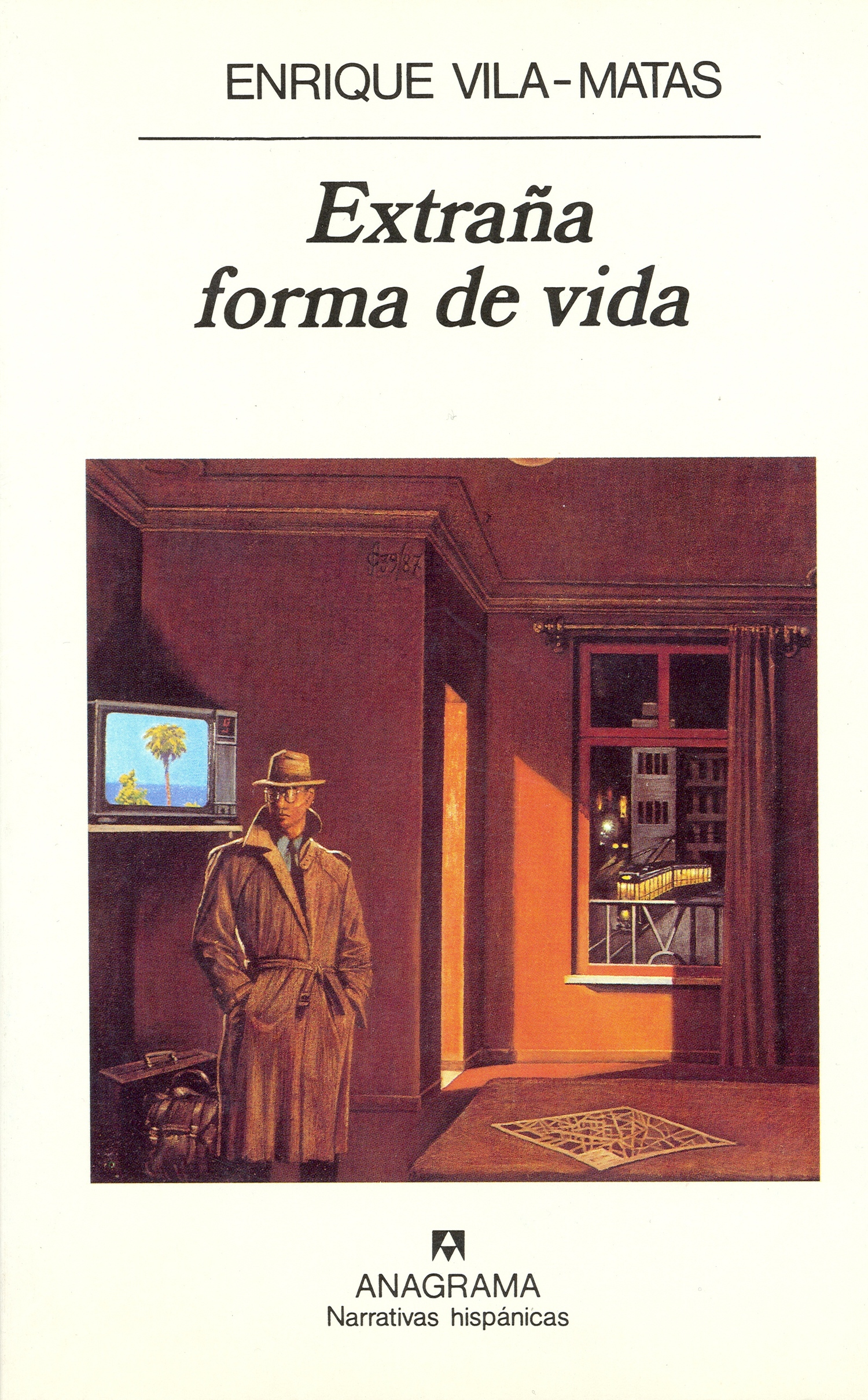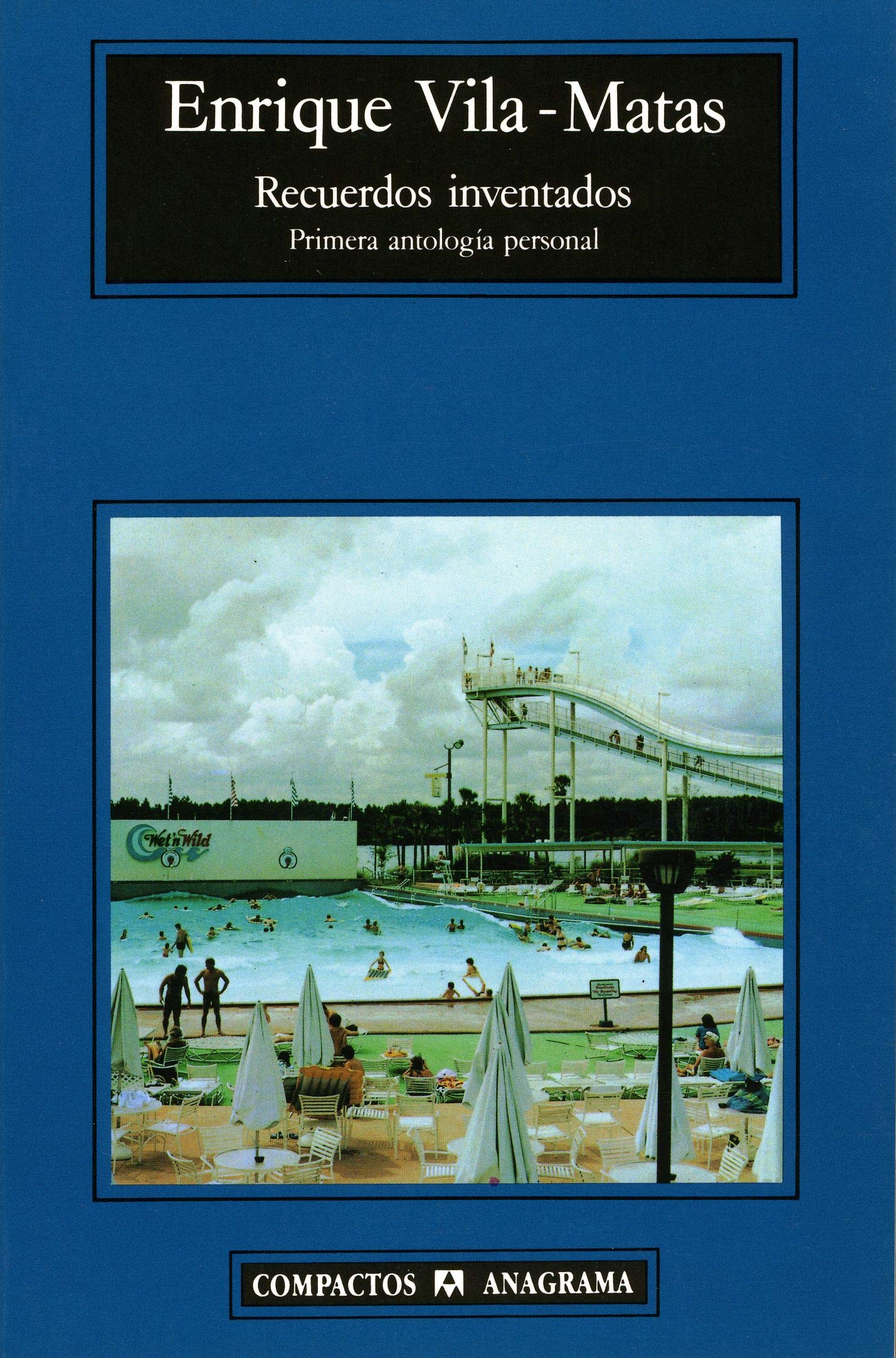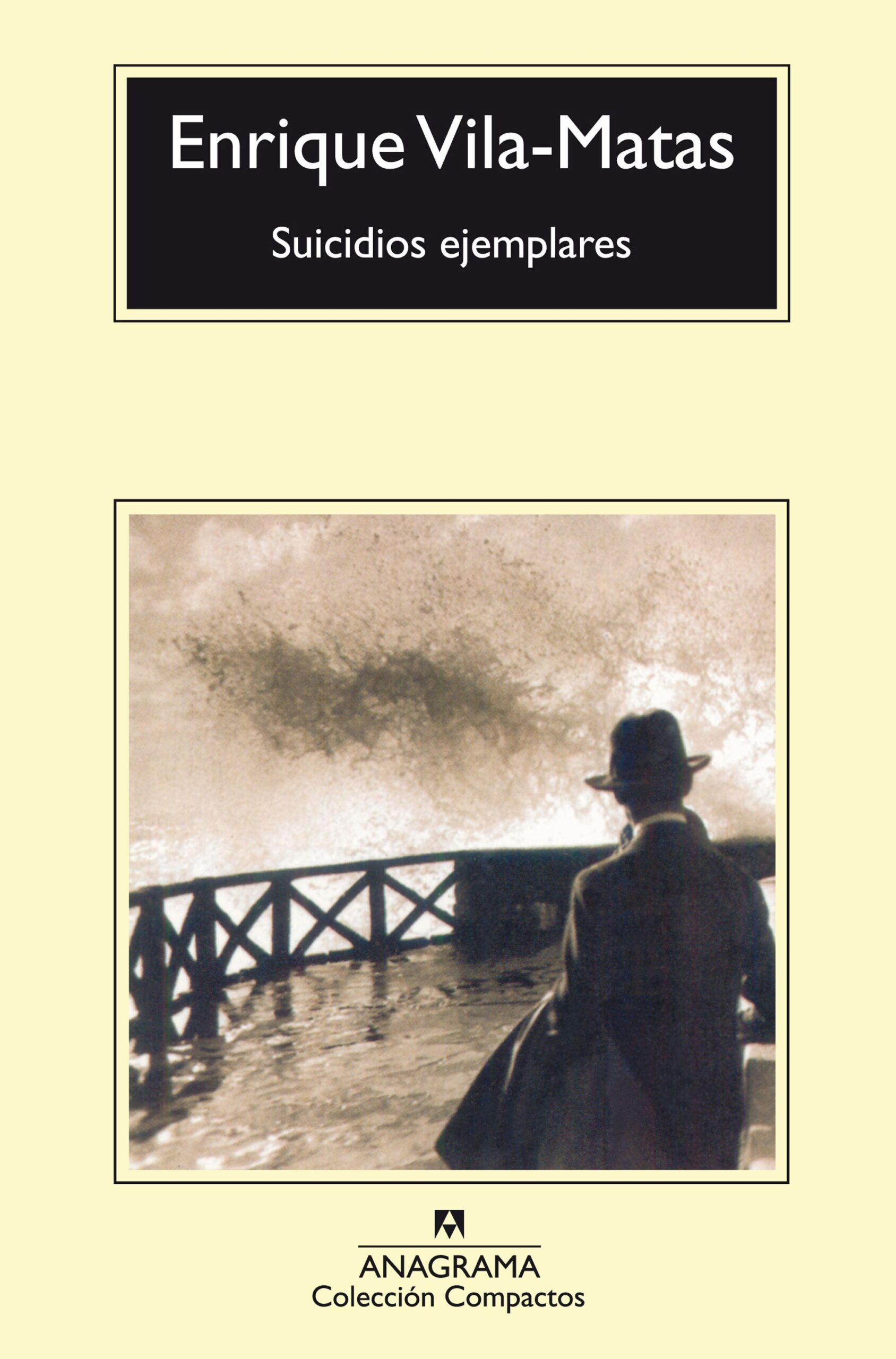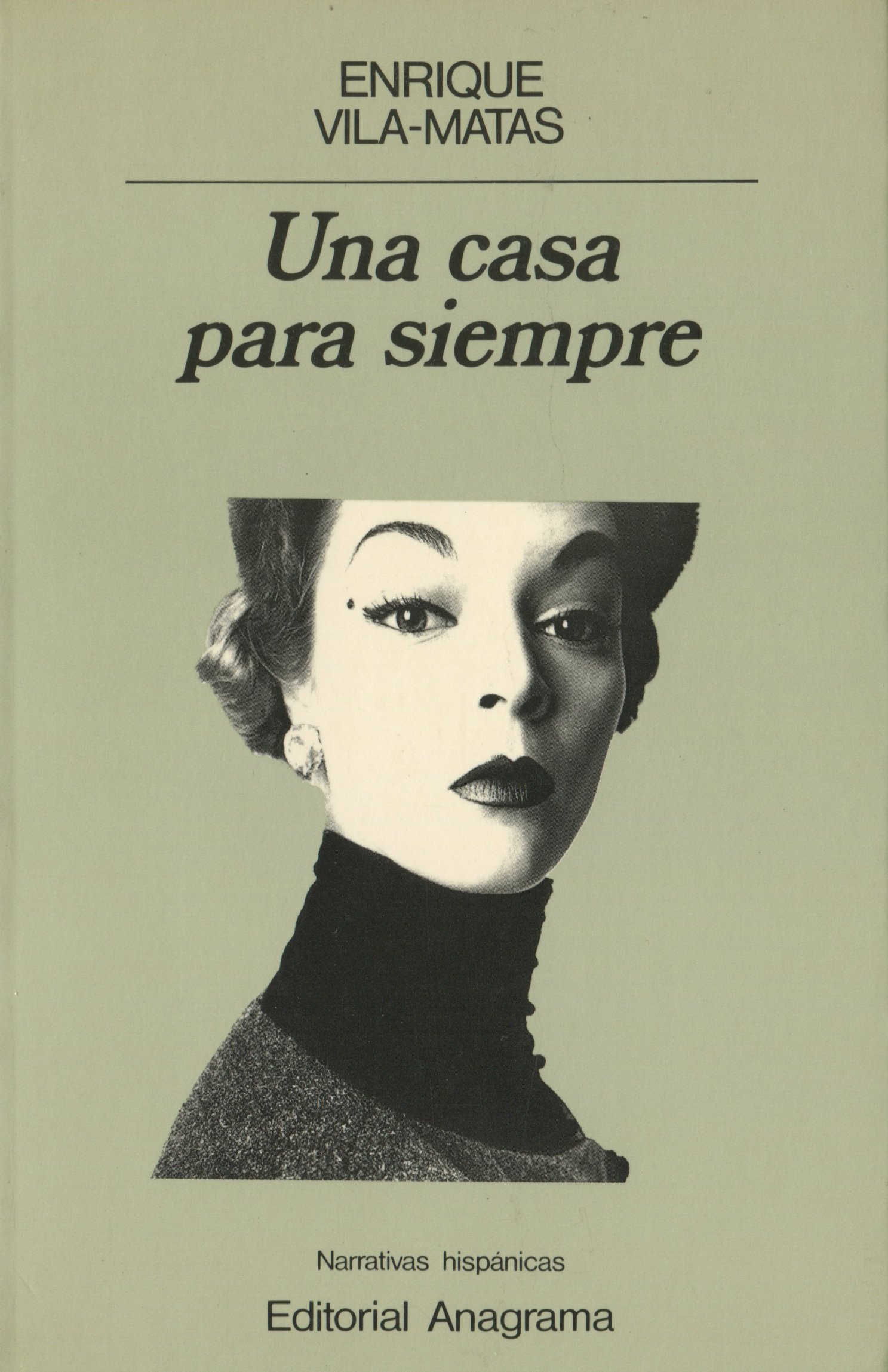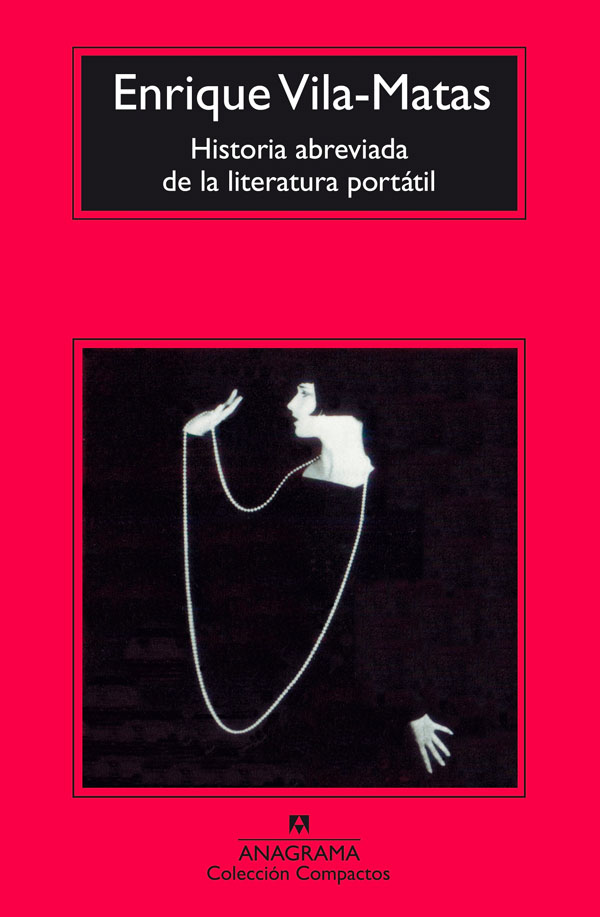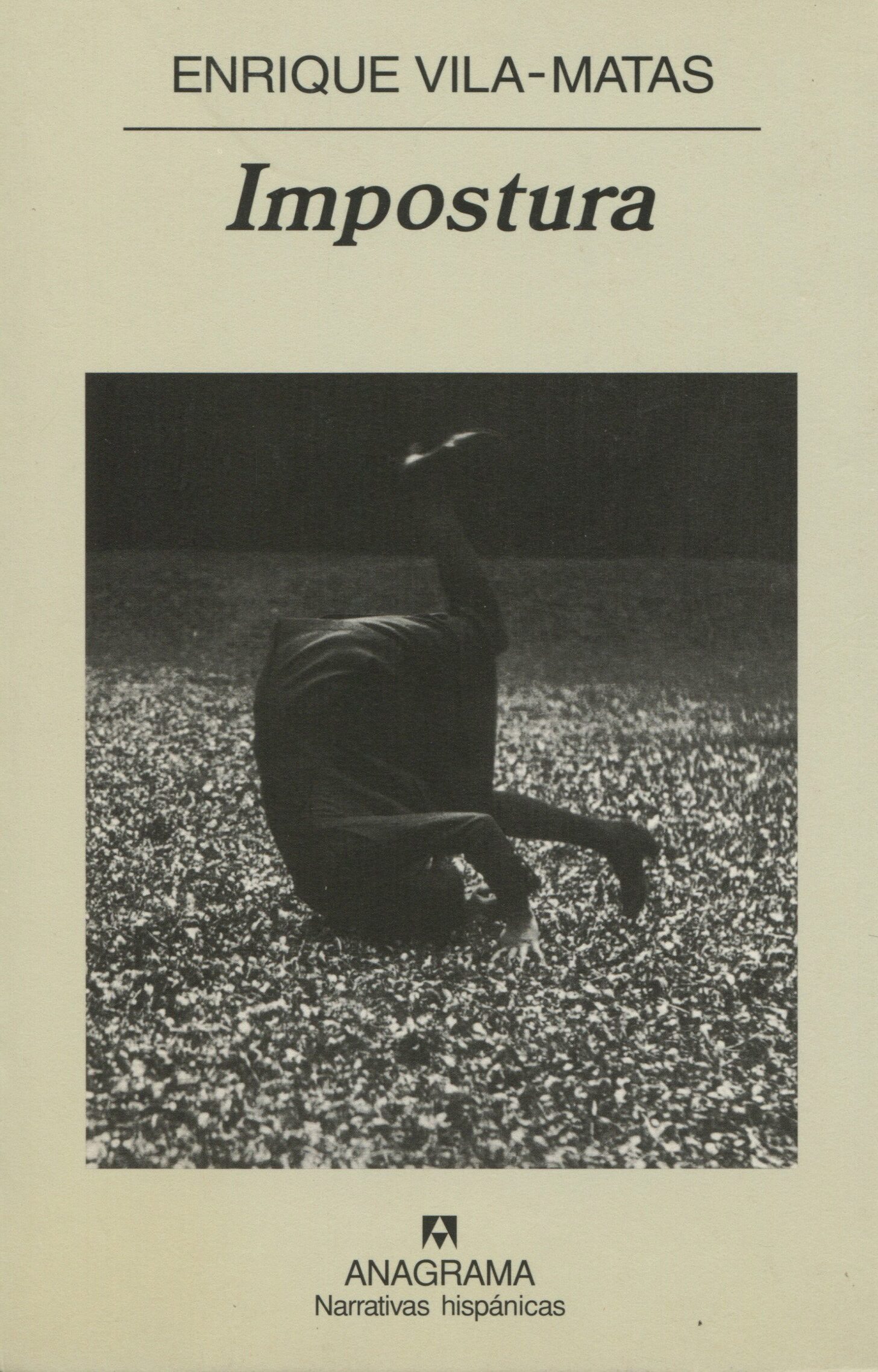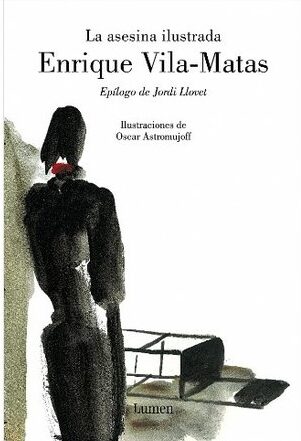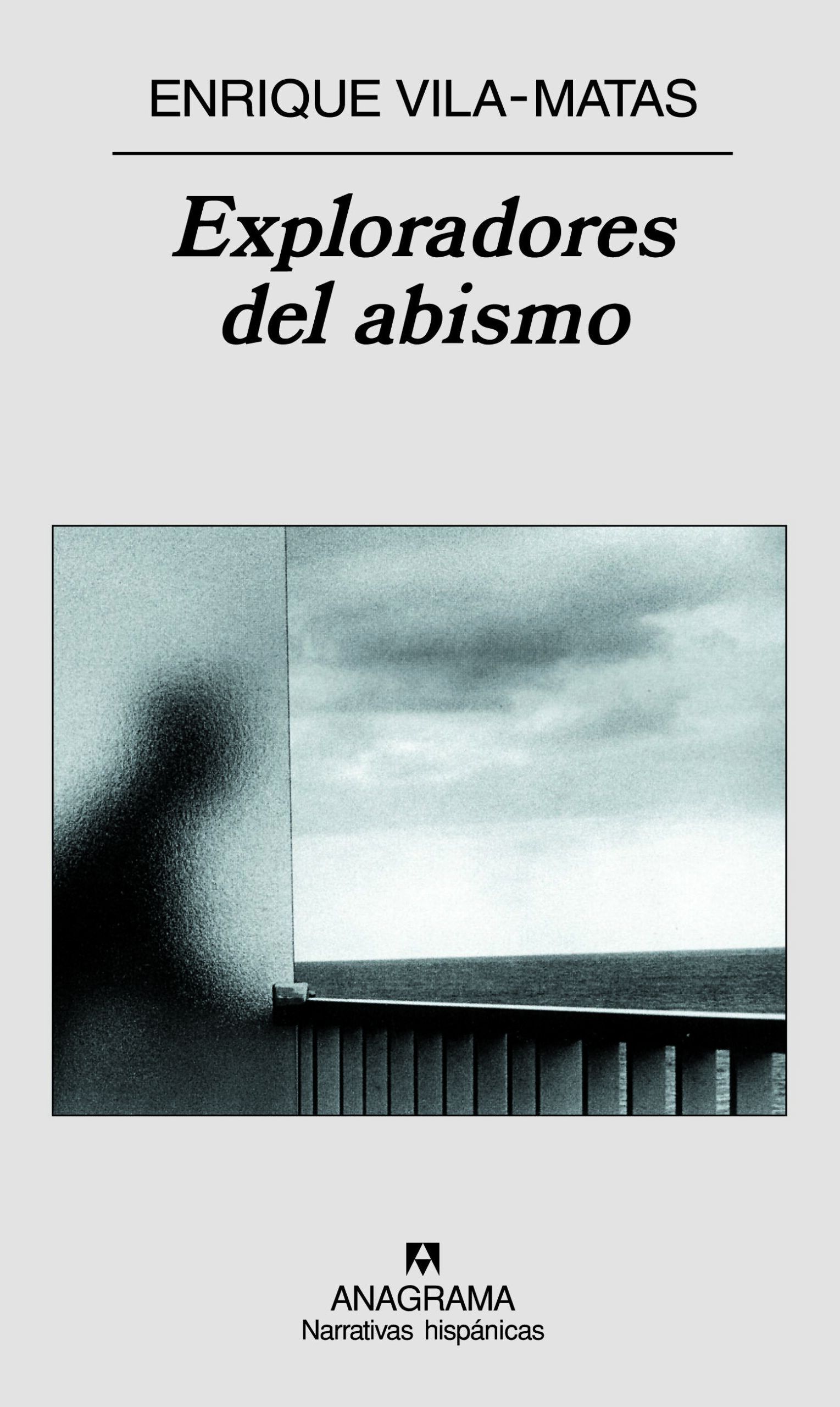
Exploradores del abismo
» Selected in Babelia as one of the ten books of the year in 2007
“What are you writing?” they asked Enrique Vila-Matas one afternoon. After Doctor Pasavento, the writer was living with a permanent feeling of being at a dead end; that he had reached the end of a certain route and the abyss was opening up in front of him. “I’m writing the title of a book”, he answered. The title was Exploradores del abismo. Over the next few days, a series of stories related to the suggestions of this title began to emerge. The whole book is an exploration of the abyss, and as the title itself indicates, it deals with stories featuring characters on the edge of the cliff, people on the edge of the cliff, who entetain themselves on the edge and study, investigate, analyse it.
The explorers are obviously a metaphor for the human condition. They are optimists and their stories are generally those of normal people who, on seeing themsleves verging on the edge, adopt the position of expedition members and sound out the possible horizon, investigating what may lie outside of here, or beyond our limits. They are not especially modern, and they generally frown upon the existential weariness than is so fashionable. Rather, they are somewhat old-fashioned and very active people who have an uninhibited and direct relationship with the void. Sometimes this void is central to the story and at other very different times, the abyss becomes merely a pretext for writing the story.
In fact, the stories in this book all search to bridge the admirable abyss, that is patiently explored in all possible directions through subtly connected stories: stories crossed by the enigmatic and sinuous silhouette of a tightrope walker, whose path traces the unstable but consistent wire that, with a strange and beautiful internal coherence, draws together the stories that make up this return by Enrique Vila-Matas to short narrative. But it is also an unclassifiable book, as far removed from the conventional novel as from the typical collections – always so suspicious – of done and dusted stories. In the end we are definitely a lot less lost than at the beginning, but we are also closer to a new abyss. And we get an intuition, as Canetti would say, that the explorers no longer know how to return from the map. And we get another intuition that readers of Vila-Matas will avidly take up this dazzling book.
«Aunque Vila-Matas en estos cuentos ejerza de escritor normal, resulta visible que no puede serlo, porque ha nacido para ser un artista poco común.» J.M. Pozuelo Yvancos, ABC
«No sólo una de las obras más singulares de la literatura europea, sino también una de las más fecundas.» Ricardo Menéndez Salmón
«(…)libro de belleza extraña.» J. Ernesto Ayala-Dip, Babelia
«En Exploradores del Abismo Vila-Matas crea una felicísima conjunción entre las dos vertientes de su escritura (…) se alcanza aquí un magnífico equilibrio entre lo personal y lo impersonal (…) ”la literatura tiene su intensidad, pero la vida no le va en zaga” Como lo comprobamos en esta magnífica colección de relatos en los que cada uno es una sorpresa melancólicamente inspirada en la vida cotidiana.» J.A.Masoliver Ródenas, Culturas de La Vanguardia
«A esta altura de la expedición –marca de los verdaderamente grandes– ya hay un Estilo Vila Matas imposible de extirparle al ADN de este escritor.» Rodrigo Fresán, Letras Libres
«Vila Matas da una contundente lección sobre cómo la literatura, cuando es arte, sirve para escarbar en las rendijas del seguir vivos.» Domingo Ródenas Moya, El Periódico
«El autor entra y sale de los relatos borrando constantemente las fronteras entre realidad y ficción.» Ricardo Senabre, El Cultural
«El último libro de Enrique Vila-Matas muestra la curiosidad y la ironía mientras burlan fronteras y lugares comunes. Es magia con precisión.» Carlos Zanón, Avui-Cultura
«(…) una escritura emocionante, sensible, intrigante y estremecedora.» Jesús Ferrer Solà, La Razón
Arabic: NCT Publishing; Brazil: Cosac Naify; France: Bourgois; Italy: Feltrinelli; Poland: Muza; Portugal: Teorema

